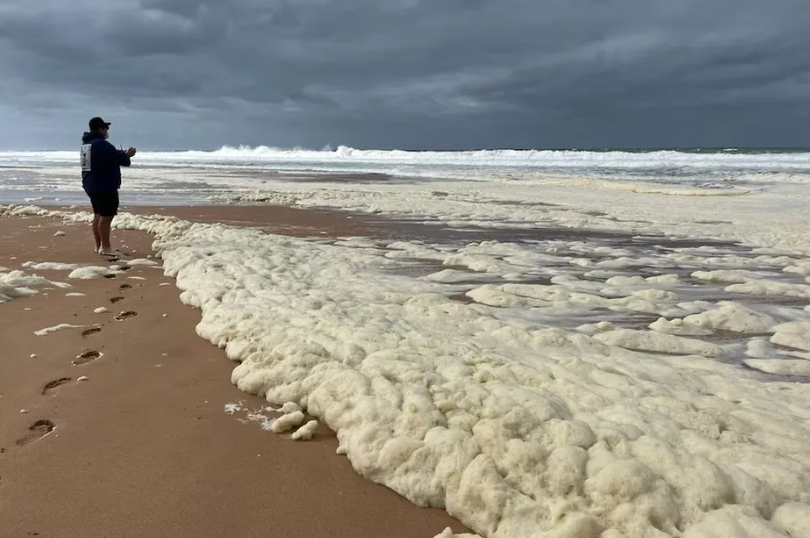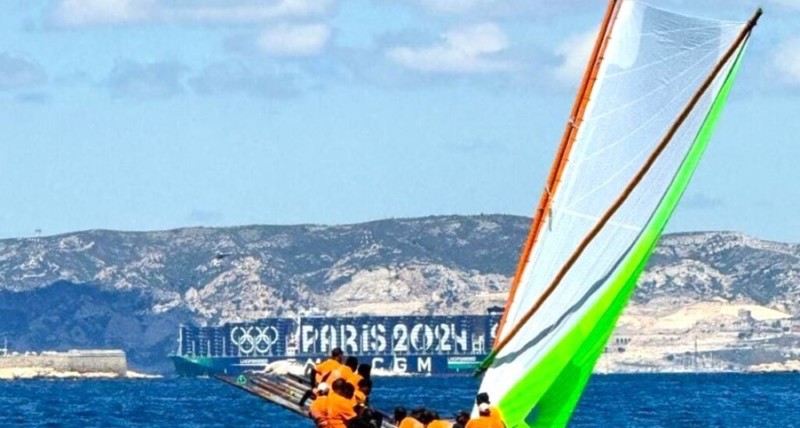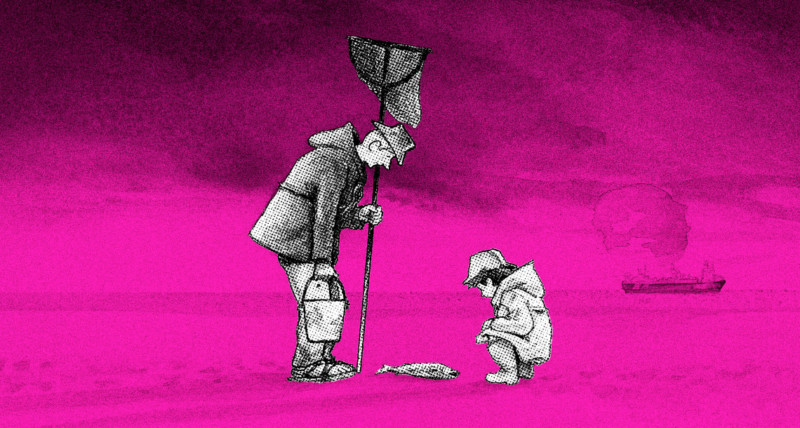In South Australia, a deadly algae is threatening hundreds of marine species. This phenomenon is disrupting fisheries activities and pushing authorities to consider emergency solutions this week.
An emergency meeting was held on Tuesday, July 22, at the request of the South Australian government. Officials called upon scientists to address a very worrying issue: the proliferation of the algae Karenia mikimotoi, which damages fish gills and suffocates them.

The day before, Prime Minister Anthony Albanese announced a financial aid package of 14 million Australian dollars (just over 932 million Pacific francs) to support affected fisheries and clean up the coasts, among other measures. The toxic algae had already spread over 4,400 square kilometers of coastline when it was first detected in mid-March.
It is estimated that nearly 500 different marine species have been massively killed.
Adriana Verges, Marine Ecologist, University of New South Wales
Environmental Crisis
Beaches in tourist areas rich in fauna and flora, such as Kangaroo Island south of Adelaide and the Yorke and Fleurieu Peninsulas, are littered with carcasses of sharks, rays, crabs, and octopuses. « It is hard to overstate the extreme severity » of this environmental crisis, explained Adriana Verges.
« We are talking about massive mortality affecting nearly 500 different marine species, including sponges and other invertebrates essential to habitat formation, as well as fish. It is completely devastating, » she added.
Ian Mitchell, Fish Market Manager, Adelaide
Ian Mitchell, who manages a fish market in Adelaide, said some fishermen have been unable to catch anything since April. « I’ve never seen anything this serious, » he told the national ABC channel. « I talk to fishermen every day, and some are in tears on the phone. »
According to Paul Gamblin, CEO of the Australian Marine Conservation Society, the fishing and aquaculture industries may take years to recover. « This is a huge wake-up call, » he told AFP.
South Australia had never before experienced such a large or prolonged toxic algae bloom. Climate change has increased the frequency and duration of marine heatwaves across Australia, which significantly impacts ecosystems.
Source: la1ere




